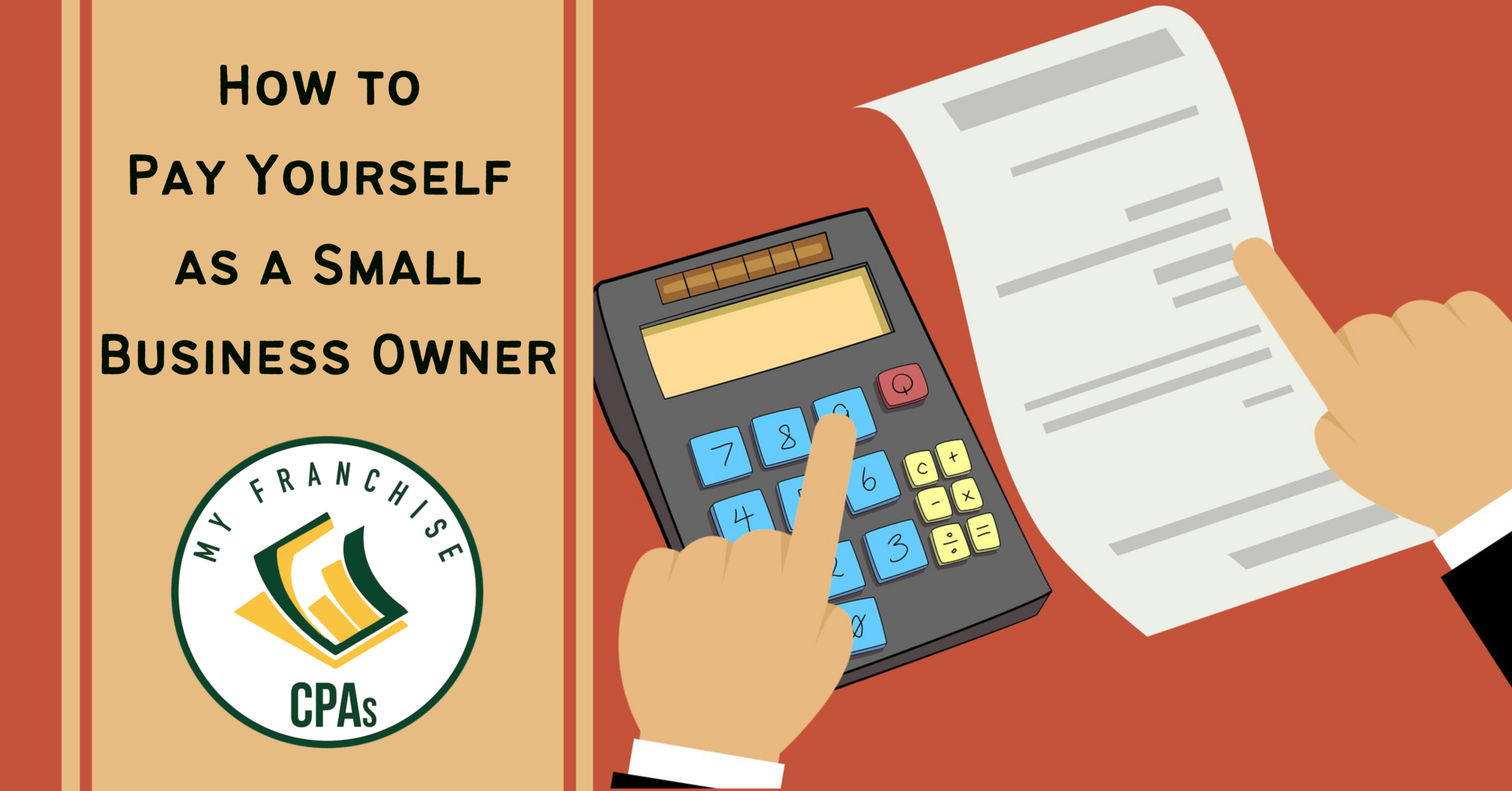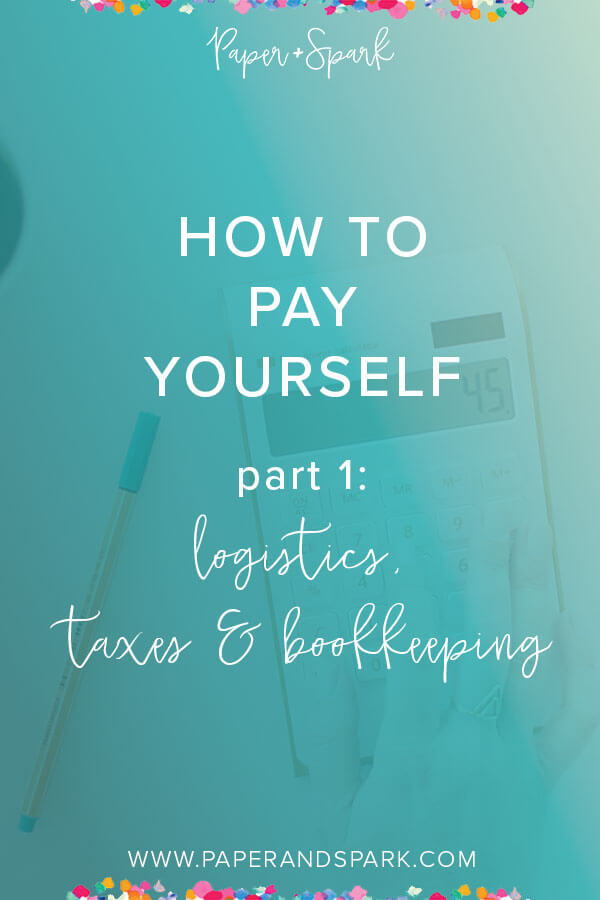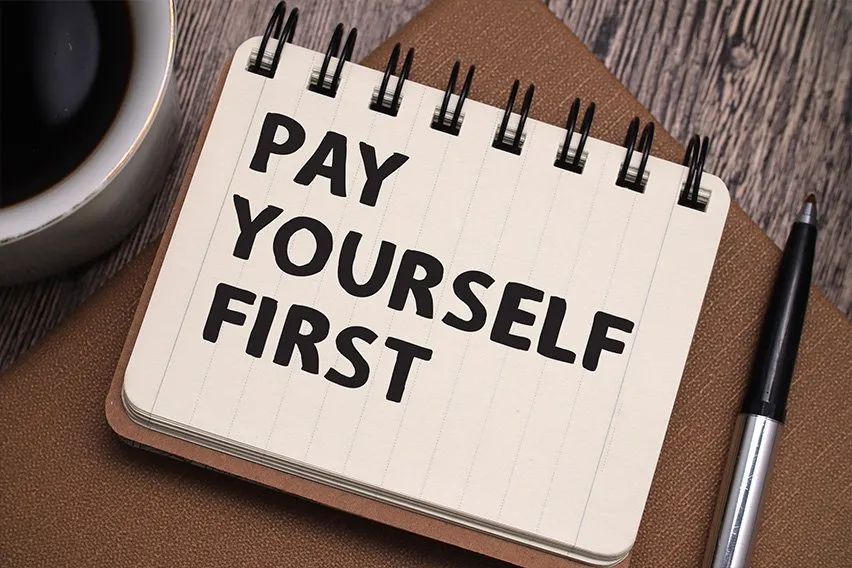How Much To Pay Yourself From Your Business

Small business owners often grapple with a critical question: how much should I pay myself? The answer directly impacts both personal finances and the long-term health of the business.
This article breaks down strategies for determining owner's compensation, balancing personal needs with business growth, and avoiding common pitfalls.
Understanding Your Role and Responsibilities
First, distinguish between being an employee and an owner. As an employee, you deserve fair compensation for your labor. As an owner, you're entitled to profits after expenses.
Consider your various roles within the company. Are you the CEO, salesperson, and marketing manager? Each function deserves recognition in your compensation plan.
Methods for Determining Your Salary
Several approaches can help determine a reasonable salary. Market research is key: what do similar roles in comparable companies pay? Sites like Salary.com and Glassdoor can provide valuable data.
The "percentage of revenue" method allocates a portion of revenue to owner's compensation. According to a Guideline Analytics report, a common range is 3%-5% for small businesses, but this can vary widely by industry and profitability.
The "budget-based" approach prioritizes setting a personal budget and then aligning it with the business's financial capabilities. This method ensures personal needs are met while maintaining business solvency.
Prioritizing Business Needs
Before setting a salary, ensure your business can afford it. Profitability is key. Examine your cash flow statement: can the business consistently cover expenses and the proposed owner's compensation?
Reinvesting in the business is crucial for growth. Depriving the business of necessary capital for expansion or debt repayment can be detrimental.
Consider building an emergency fund for the business. Unexpected expenses can arise, and a healthy reserve can provide a cushion.
Tax Implications
Owner's compensation is subject to income tax and self-employment tax. Consult with a tax professional to understand the specific implications for your business structure.
Properly classifying your earnings can affect your tax burden. Ensure your business structure – sole proprietorship, LLC, S-corp – is optimized for tax efficiency.
According to the IRS, reasonable compensation is the amount that would ordinarily be paid for like services by like enterprises under like circumstances.
Common Mistakes to Avoid
Overpaying yourself can starve the business of needed funds, hindering growth. Underpaying yourself can lead to burnout and resentment, ultimately impacting performance.
Failing to track and document your salary can create tax problems. Maintain meticulous records of all transactions related to owner's compensation.
Ignoring market rates can result in over or under valuation of your contributions. Regularly research and adjust your compensation accordingly.
Tools and Resources
Several tools can assist in determining appropriate compensation. Online salary calculators, financial planning software, and accounting platforms can provide valuable insights.
Consult with a financial advisor or business consultant for personalized guidance. Their expertise can help navigate the complexities of owner's compensation.
The Small Business Administration (SBA) offers resources and training programs that can improve your understanding of financial management.
Next Steps
Assess your personal financial needs and create a budget. Analyze your business's profitability and cash flow. Research market rates for similar roles. Determine a sustainable owner's compensation.
Regularly review and adjust your compensation as your business evolves. Staying informed and adapting your approach are key to long-term success.
Consult with a financial advisor and tax professional for personalized guidance. This will ensure that you're making informed decisions that benefit both you and your business.

















.png)
